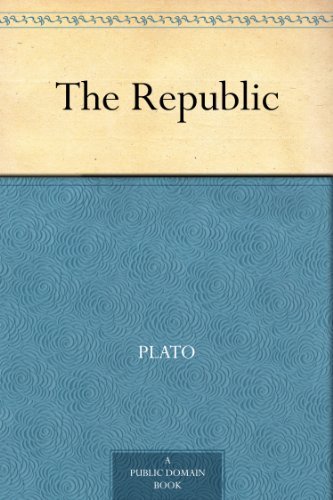
Politics



In the Nicomachean Ethics, named for his son, Nicomachus, Aristotle argued that a good life is one of virtuous activity in accordance with reason. His word for happiness or human flourishing, “eudaimonia,” has been adopted by psychologists who distinguish self-realization or “eudaimonic well-being” from “hedonic well-being” or the experience of ple
... See moreKieran Setiya • Midlife: A Philosophical Guide
Une vie de bien, pour Aristote, a une dimension sociale et politique inévitable. Les stoïciens n’ont pas besoin que les autres suivent une vie de bien ; ils peuvent le faire de leur côté, en exil, dans une cellule de prison, n’importe où. Mais, pour Aristote, de nombreuses vertus sont sociales. Cela veut dire que nous ne pouvons mener une vie de bi
... See moreJules Evans • La philo, c'est la vie ! (Poche) (French Edition)
Aristotle argues that the well-run state will be so if it provides an opportunity for leisure, for the opportunity to learn, discuss and contemplate, not depending for our happiness on externals of status and material goods, but on being our own masters, and enjoying the purest of pleasures: the exercise of our intellects. This ultimately is why we
... See moreA. C. Grayling • The History of Philosophy
CHAPTER XXI Aristotle’s Politics